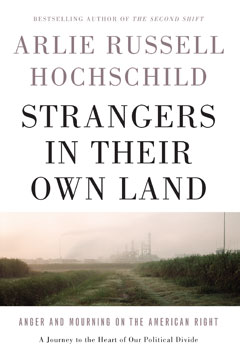In the past couple of days I have tentatively returned to reading Twitter, Facebook and Reddit and, tellingly, none of these finds came from any form of social media. The third find is by far the best.
- Columbia University’s Andrew Nathan on “Who Is Kim Jong-un?” I’ve been loving Nathan’s contributions to the NYRB.
- Samantha Power’s idealist manifesto for US foreign policy, also in the NYRB. She tries to set this up as the counter to Kissinger’s realist approach. I agree somewhat. The US government’s selective support for democracy, mainly when it’s convenient, undermines the moral status that most Americans think we have. Even so, I don’t think you can argue the idealist approach on self-interest alone, which is what Power tries to do. I think you probably need to argue the idealist approach on principle. Self-interest will not get you there. I hope Power or someone Power-like will write the idealist manifesto soon. This one was too short and wishful than factful but, more importantly, felt politically calculated. I look forward to the day when she says “f*ck it all” and tells us what she really thinks.
- Ezra Klein interviews Arlie Hochschild, a Berkeley sociologist. She spent months immersed in Tea Party and Trump culture in Lousiana, trying to bridge the gap in understanding and empathy. One of the most fascinating things I’ve listed to, and easily one of the most thoughtful discussions on American politics I’ve heard this year. I just bought her book, Strangers in Their Own Land. Some examples:
- A conversation with a woman who explains that one of the reasons she loves Rush Limbaugh is that “he defends people like me”
- The (less original insight) that the support is coming from people who (until recently) were in the demographic and moral and economic majority, and are seeing their position erode. This is not just emotionally hard, it feels demeaning. That provokes intense and powerful feelings.
- Listening to people describe the feeling that they’ve been doing their best, and waiting in line for the American dream, and not only do they see other people (refugees, immigrants, young people) jumping the line, but the President is waving and smiling at the line jumpers, not helping the patient waiters. (and no, this is not necessarily the truth or the whole truth, but it’s the perceived truth, and that’s important to understand.
I am tempted to remain off Twitter so that I can engage more magazines, books, and podcasts. But I fear it will suck me in. Ezra Klein put it nicely, in another podcast I heard: humans seem to have become better at making habit forming things, and that the problem with Twitter is that it makes you feel the scarce resource is the tweets not your time. My first impressions from the return to social media is that the tweets are not worth the time, and that turning it off completely is the only real way to resist. We will see.


3 Responses
Columbia University’s Andrew Nathan on “Who Is Kim Jong-un?” I’ve been loving Nathan’s contributions to the NYRB.
golu dolls
golu dolls
Got the online paypal money adder which let me to add huge amount of money in my paypal account and i was benefited very much.
Hi Chris, happy to see you are blogging again.
I love the idea of reading this idealist manifesto, but I don’t want to read it from Power or anyone else who can actually get in the room and influence US foreign policy. My sense as an amateur foreign policy watcher is that making arguments based on principle (rather than national interest or domestic political interest) is a sure way to get yourself sidelined. Remember this from Obama? “Samantha, enough, I’ve already read your book.”
If Power needs to make a fallacious self-interest argument in order to push the US towards a more idealist foreign policy, I’m personally quite okay with her doing that.